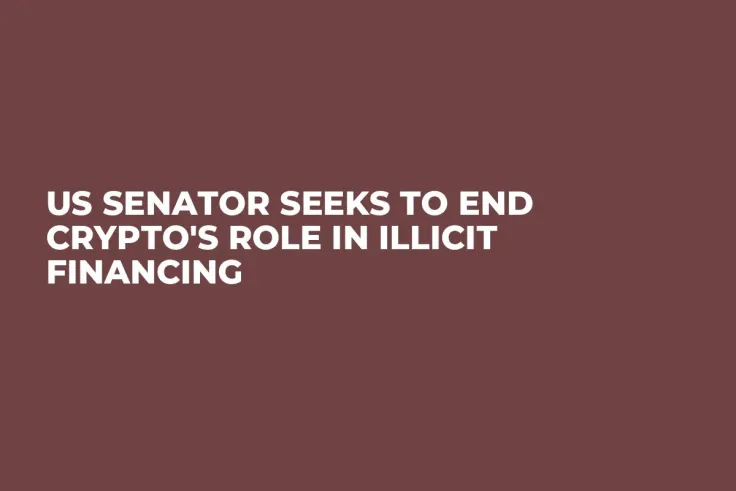
U.S. Senator Elizabeth Warren (D-Mass) has renewed her call for tighter regulation of cryptocurrencies, highlighting their role in illegal activities.
The senator has proposed a new bill that aims to crack down on crypto's increasing use in money laundering, terrorist financing and evasion of sanctions.
Warren's renewed scrutiny on crypto came in response to research findings that demonstrated how cryptocurrencies are being used to finance the production and distribution of fentanyl, a highly potent and illicit drug, especially by Chinese firms.
The research, conducted by Elliptic, a blockchain analytics firm, revealed that a substantial number of Chinese businesses are exploiting the unregulated nature of cryptocurrencies.
According to the study, over 90 Chinese businesses offered to ship fentanyl precursors and accepted cryptocurrencies in return, effectively leveraging the anonymity provided by these digital assets.
Drawing from Elliptic's findings, Senator Warren highlighted the use of crypto by drug organizations and precursor manufacturers in the shipment and receipt of illegal fentanyl precursors.
The rampant use of crypto in the Chinese fentanyl trade underscores the urgent need for tighter crypto regulation. The legislative proposal, if enacted, is expected to close loopholes in the current regulatory framework, bringing in common-sense rules to the crypto industry.
As reported by U.Today, U.S. Senator Elizabeth Warren has started courting conservative Senate Republicans and bank lobbyists to support her proposed crypto regulation bill, which aims to build an anti-crypto coalition to tighten crypto rules.

 Vladislav Sopov
Vladislav Sopov Dan Burgin
Dan Burgin